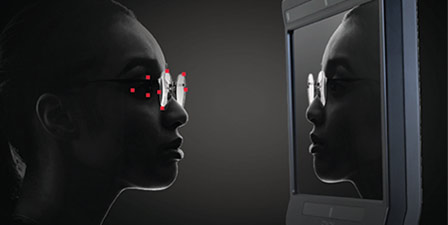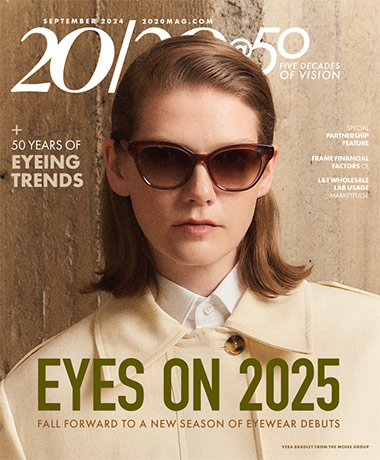
By Johnna Dukes, ABOC
“I DON’T CARE, DO YOU?”
My worry with this type of mentality is that if we are callous when it comes to patient care, we risk becoming a transaction-driven profession, and if you look at other transaction-driven professions, you will quickly see face-to-face service becoming obsolete. Look at bank tellers. With the prevalence of ATMs and online payment companies like PayPal and Venmo, how many live bank tellers do you see anymore? The numbers are dwindling quickly. In fact, in my hometown you can now drive through the bank and be remotely patched in via video stream to a bank teller 30 miles away. I don’t know about you, but I’d very much like to not be replaced by a computer monitor.
“I DO CARE, AND YOU SHOULD TOO.”
You see, caring for patients is something that cannot be duplicated, and it certainly cannot be faked. Patients feel when you’re being genuine, and they can tell when it’s an act or when you don’t care at all. That connection we share with our patients is something we should all be striving to create. Honestly, that personal care is one of the reasons my business has flourished. It is one of the many things that sets us apart not only from our competition, but that keeps our patients coming back and referring their friends and family. As a business owner, it is imperative that we go that extra mile, and that we wow them with our service because we DO care about their experience, and we DO want them to return.
People are pushed toward cold impersonal transactions all day, every day. Think about it; with text messages, emails and ATMs, how frequently do we actually sit across from another human and interact? In today’s world, it isn’t all that often. But when we do, doesn’t it make a difference when you feel like the person you are interacting with actually cares about you? How about when you get your hair cut, or when you go to the dentist? Don’t you want to go to someone who cares about you and cares that you like the outcome? I don’t want to go to a stylist who doesn’t care at all if I like what she did to my hair. You’d better bet that I wouldn’t go back to that stylist if that were the case. Why should a patient come back to a place that didn’t appear to care about how that patient was doing with the glasses they made and were paid for?
The bottom line is that patients have free will, and if we don’t take the time to care for them and about their visual needs, they will find someone who will. Each interaction we have with each patient is an opportunity to wow them. It may sound simple, but I believe that caring for people still matters.












